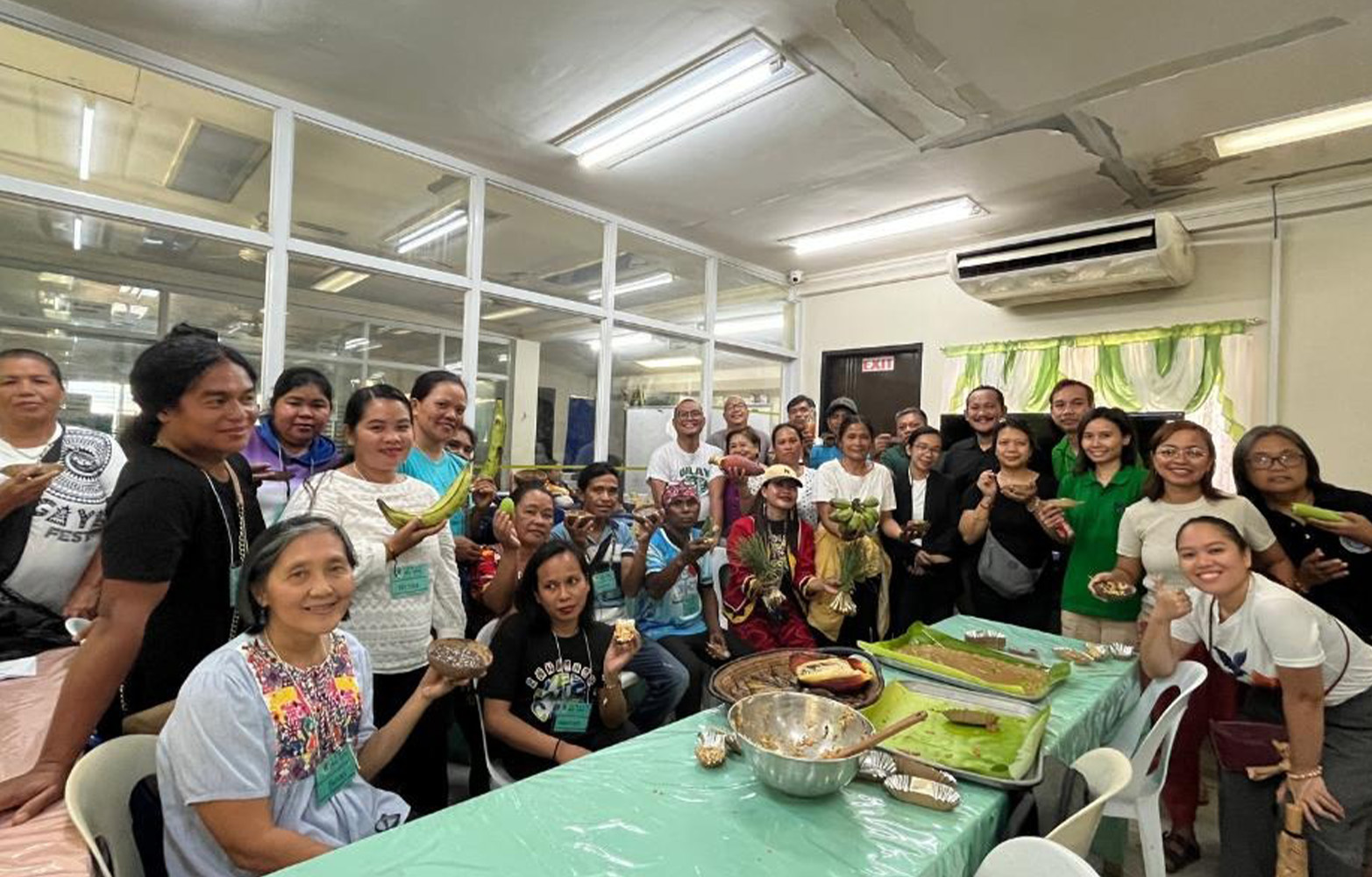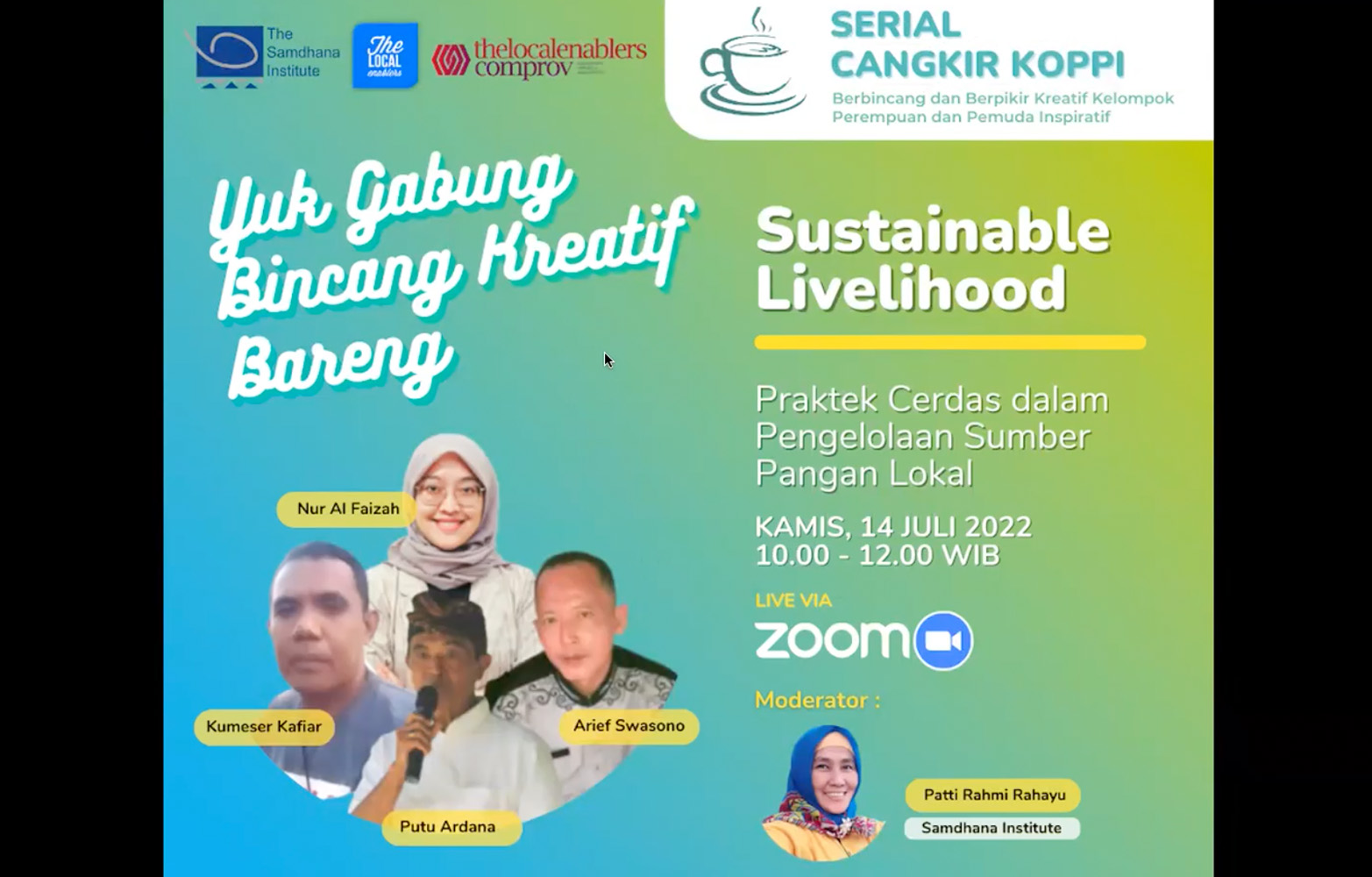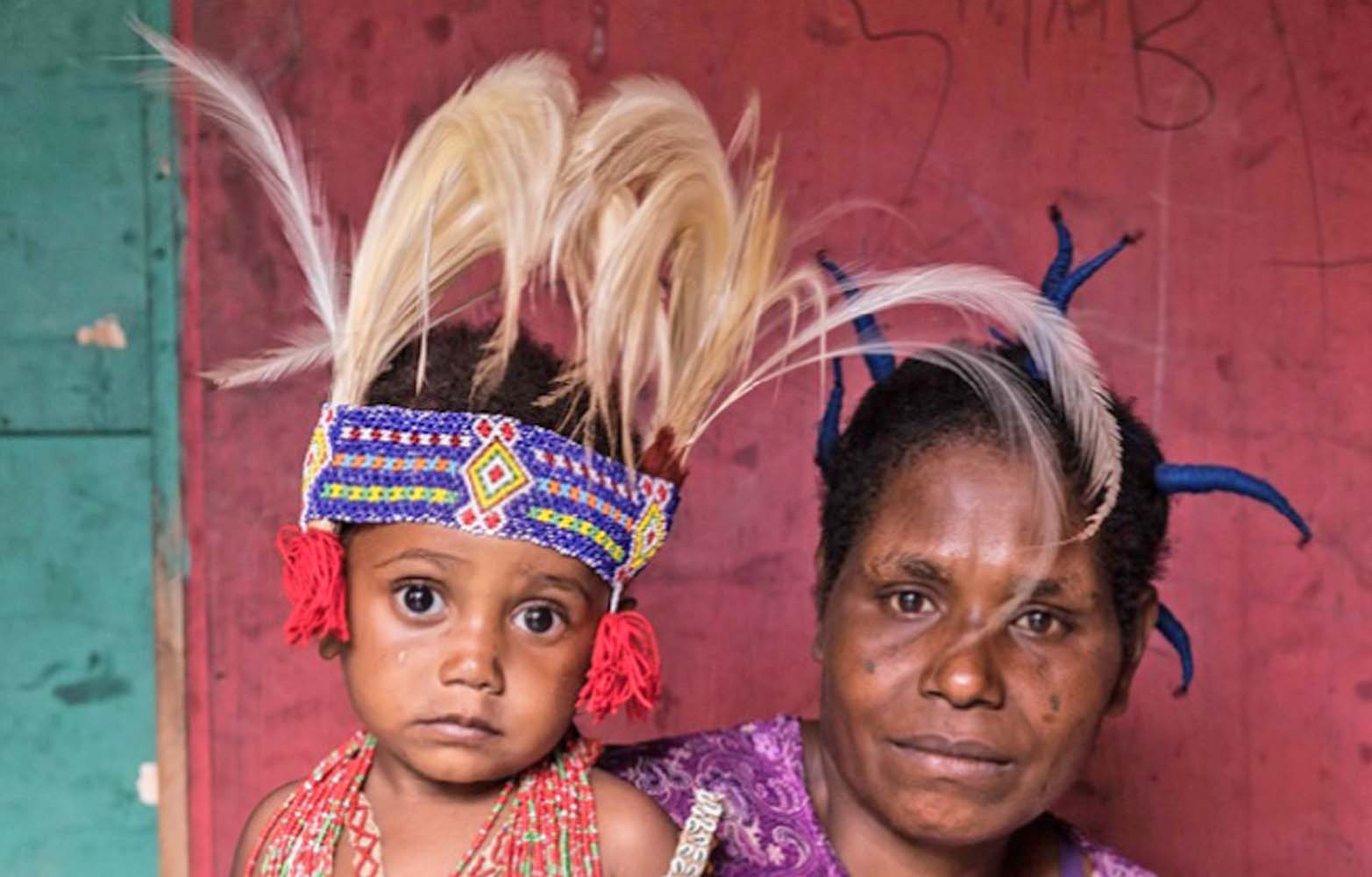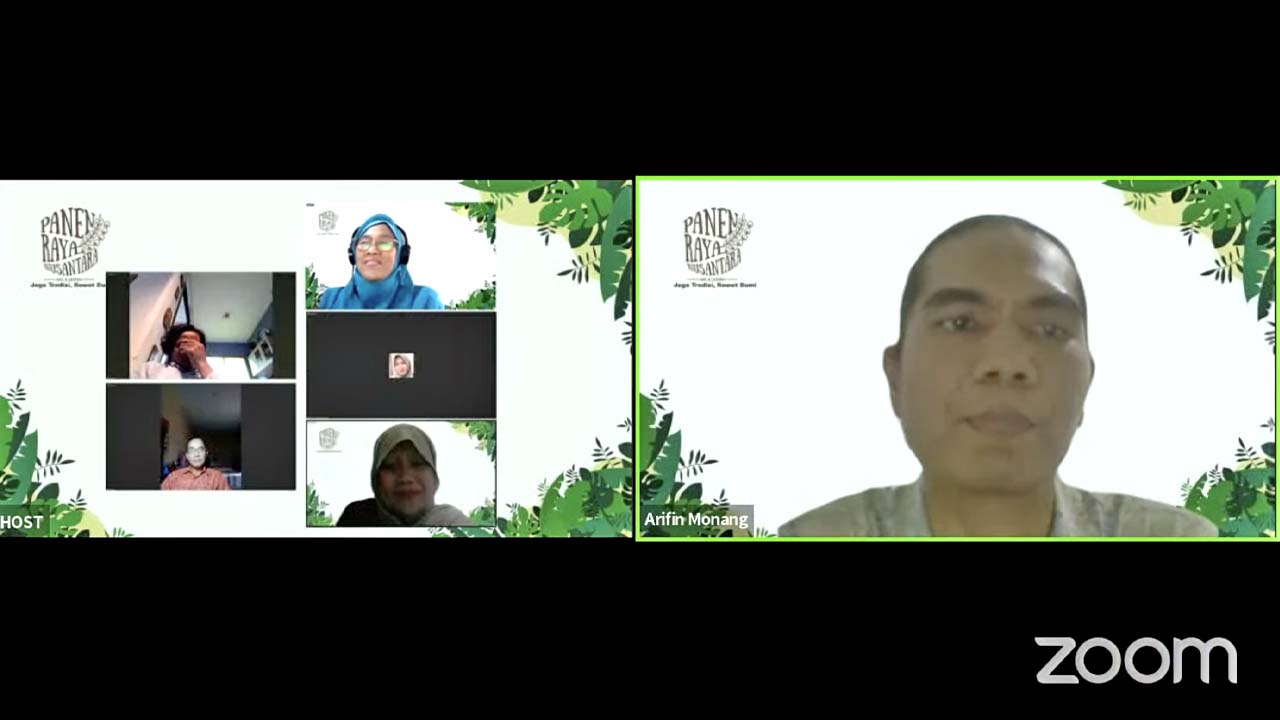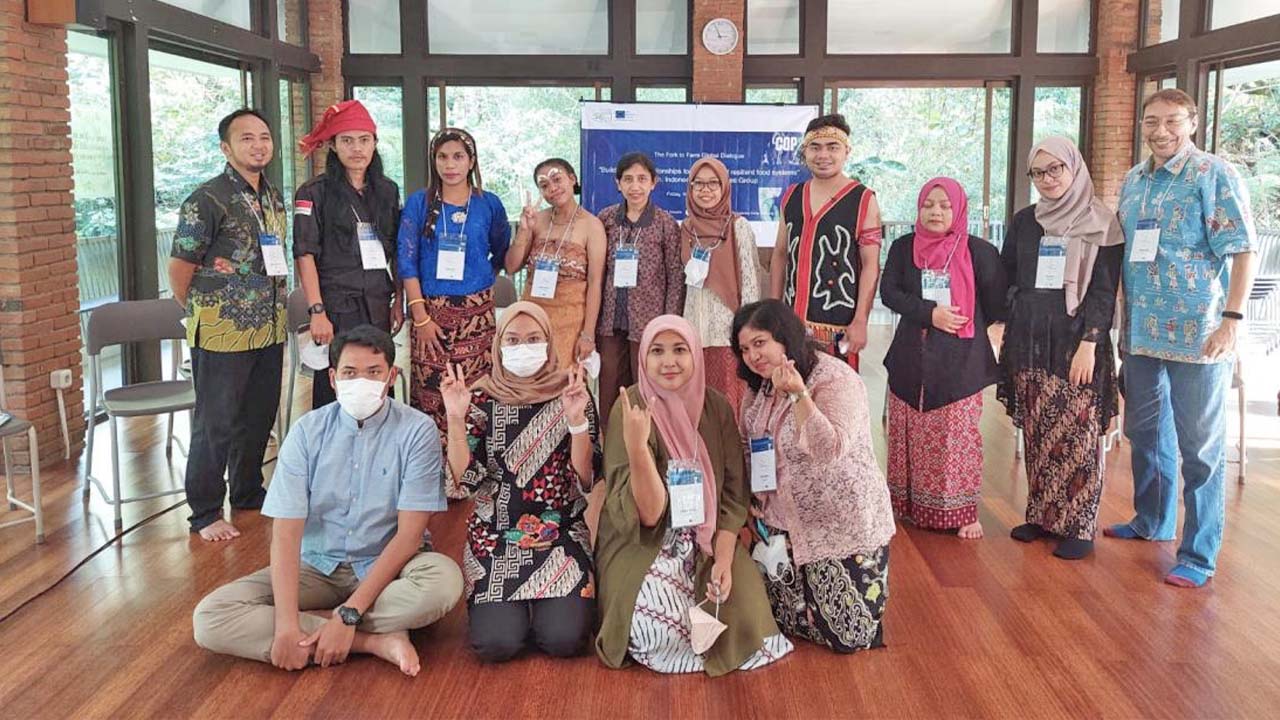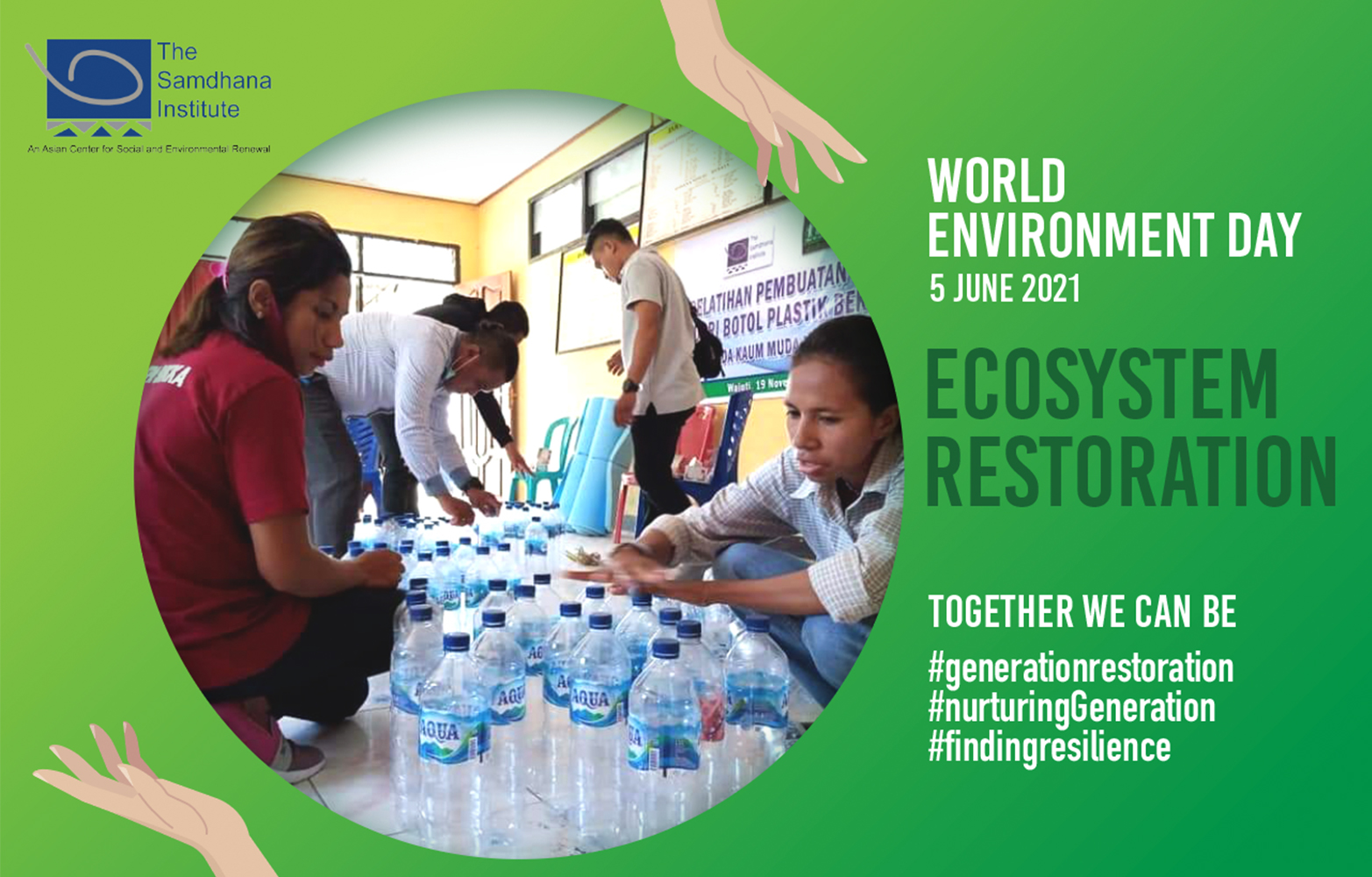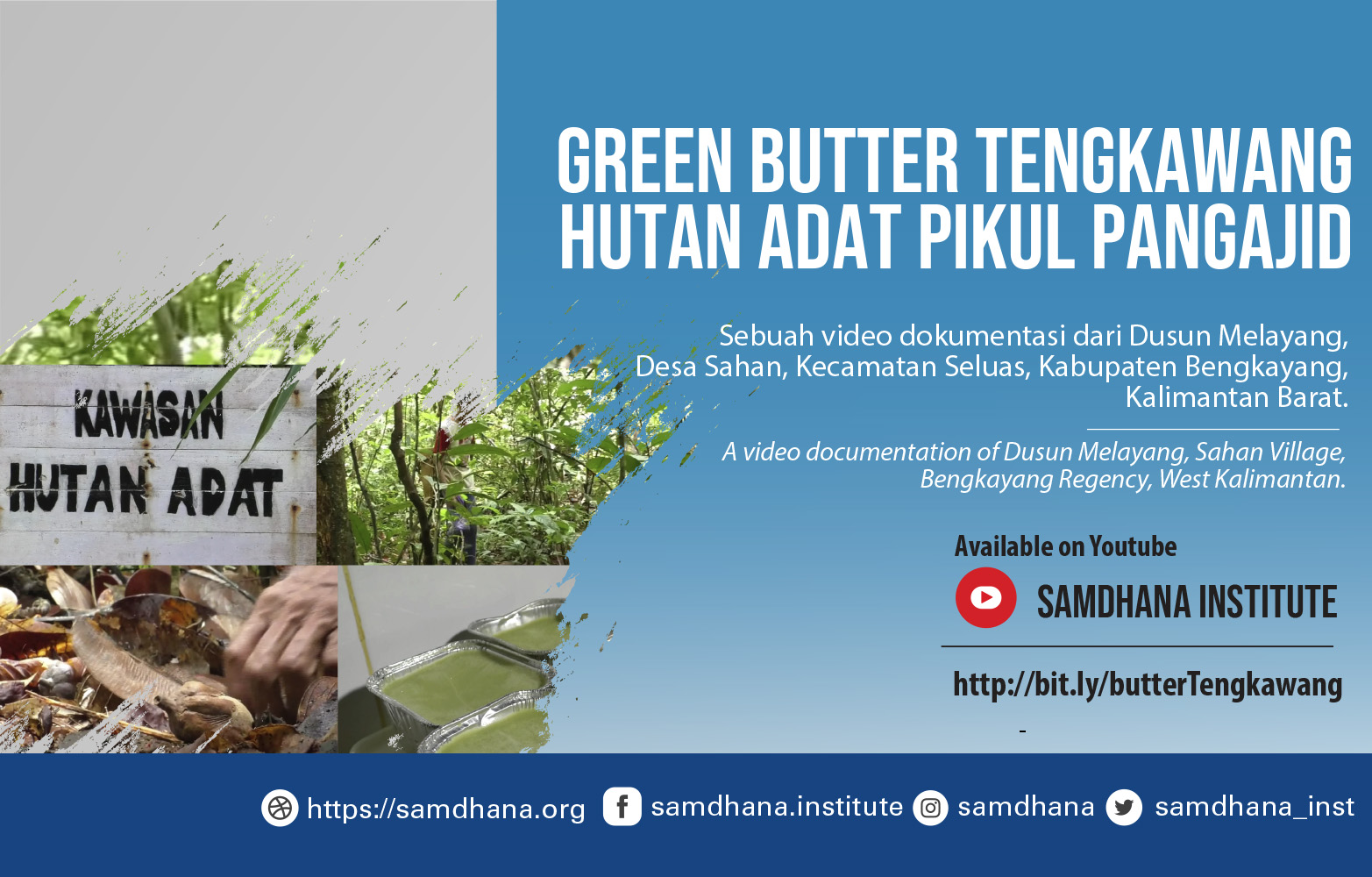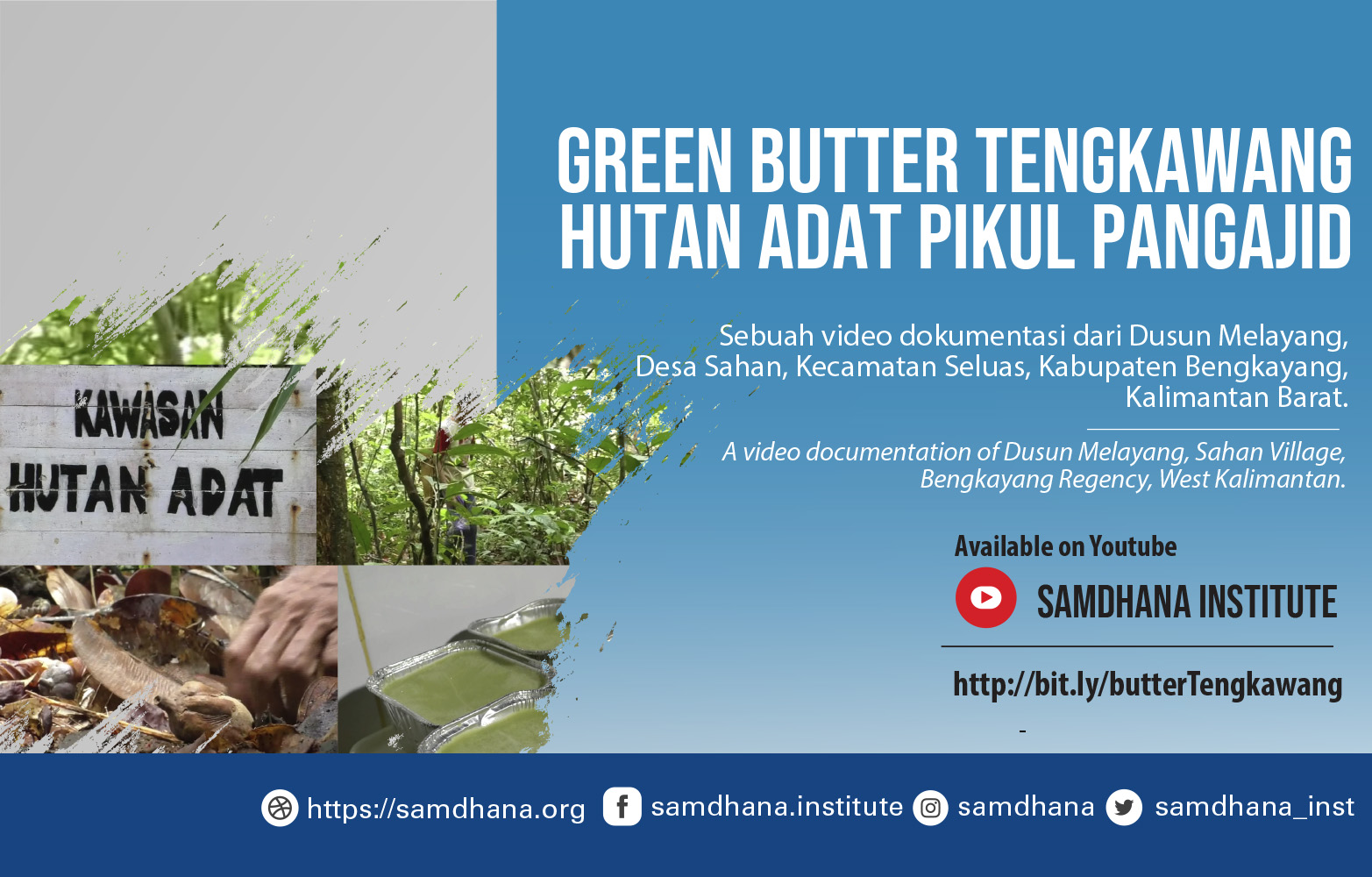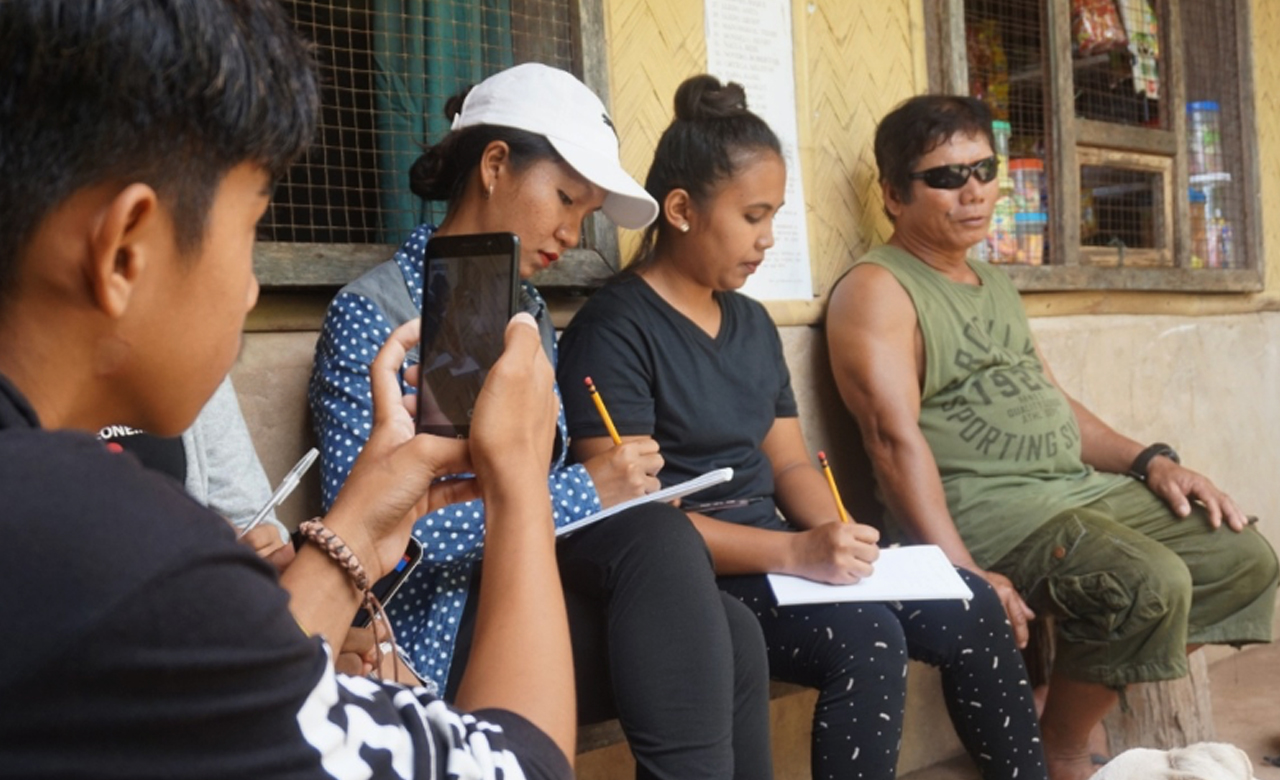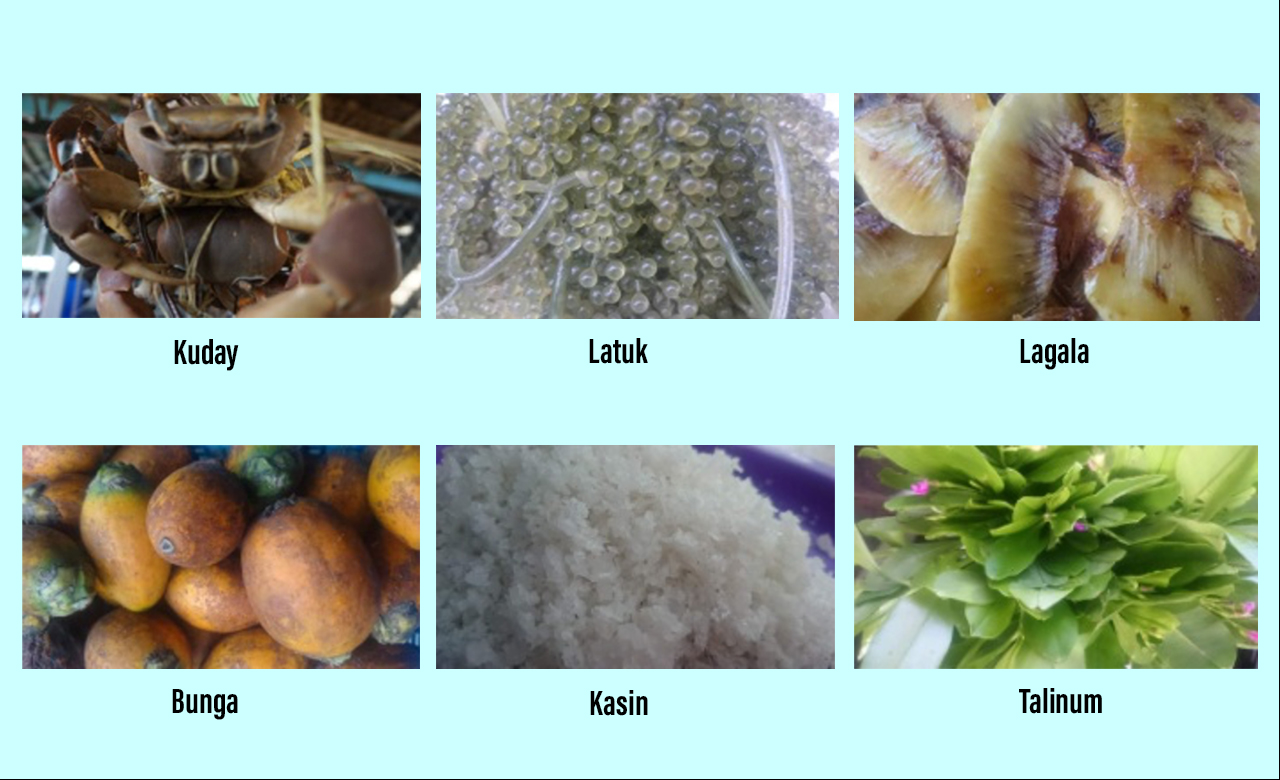World Food Day 2024
Do you know how many varieties of bananas you have in your locality? During Chef Lao's trip to the local market in Cagayan de Oro City last October 9, he was able to buy three varieties that came from the neighboring municipalities, such as saging tindok from Talakag, Bukidnon, sab-a from Lagonglong, Misamis Oriental and cardava or kadisnon.
